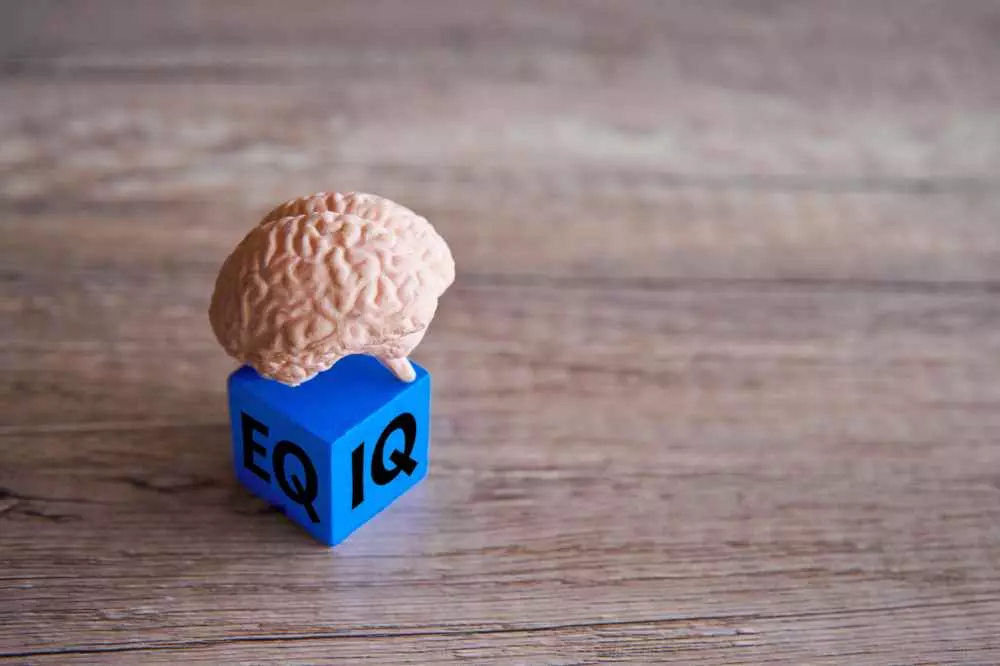Psychotherapy and the development of empathy and communication skills
Developing empathy and communication skills through psychotherapy
Empathy and the ability to communicate effectively are key aspects of our daily functioning and relationships with other people. Whether we are parents, life partners, leaders or simply community members, the ability to listen empathetically and express our thoughts and feelings appropriately is essential. However, developing these qualities can be a challenge, especially for those with a difficult life history or traumatic experiences.
Psychotherapy is a form of therapy that aims to help patients resolve emotional problems, improve psychological functioning and develop healthy habits. One important aspect of psychotherapy is the development of empathy and communication skills. This form of therapy places great emphasis on understanding oneself and others in order to produce healthy and satisfying relationships.
Developing empathy
Empathy is the ability to understand and feel the emotions of others. It is an essential element in building strong relationships and understanding. Often, people who have had difficulty learning empathy in their childhood or have had traumatic experiences face problems in their relationships with others. Psychotherapy can help these individuals gain insight into their own emotions and learn to recognize and respond appropriately to the emotions of others.
During psychotherapy, the therapist can guide the patient through various exercises and strategies that help develop empathy. This may include working on recognizing and naming one's own emotions, learning empathic listening techniques, building bonds with other therapy participants and practicing the application of empathy in everyday life.
Developing communication skills
The ability to communicate effectively is indispensable for healthy interpersonal relationships. Many people struggle to express their needs, feelings and thoughts. Often this is due to fear of rejection, lack of self-confidence or difficulties in dealing with conflicts. Psychotherapy can be an excellent tool for learning constructive communication skills.
During therapy, the therapist can help the patient identify and understand his or her own communication patterns and develop healthy strategies for expressing his or her needs and demands in an assertive and respectful manner to others. This may include practical communication-related exercises such as simulated conversations, various communication strategies and learning to listen actively. The goal of therapy is to create a safe space in which the patient can experiment and develop his or her communication skills.
Application of psychotherapy to everyday life
The development of empathy and communication skills achieved through psychotherapy has wide applications in various areas of life. People who participate in therapy often see positive changes in their interpersonal relationships, both in their personal and professional lives.
Empathy enables people to better understand other people's perspectives and enables them to identify and resolve conflicts in a more constructive way. Communication skills allow people to express their own needs, feelings and boundaries clearly, which is crucial for healthy relationships with others.
Conclusions:
Psychotherapy can be an extremely effective tool in developing empathy and communication skills. People who have difficulties in these areas can find help and support in therapy. Working with an experienced therapist allows people to identify and understand their own behavioral patterns and learn healthy communication strategies. The ultimate result is improved relationships with others, both in personal and professional life.
Don't hesitate to reach out for psychotherapy if you feel you need to develop your empathy and communication skills. It's an investment in your own personal development and better relationships with other people. Remember that developing these skills can lead to greater satisfaction in life and a greater sense of closeness to others.
